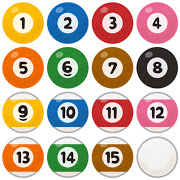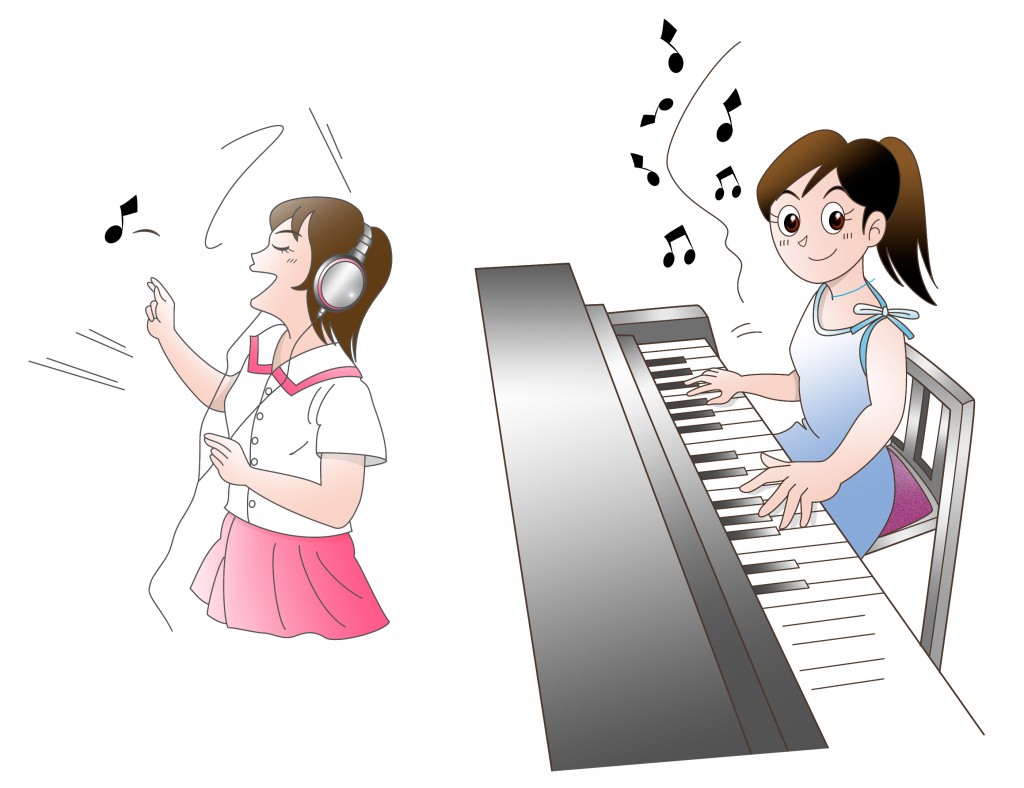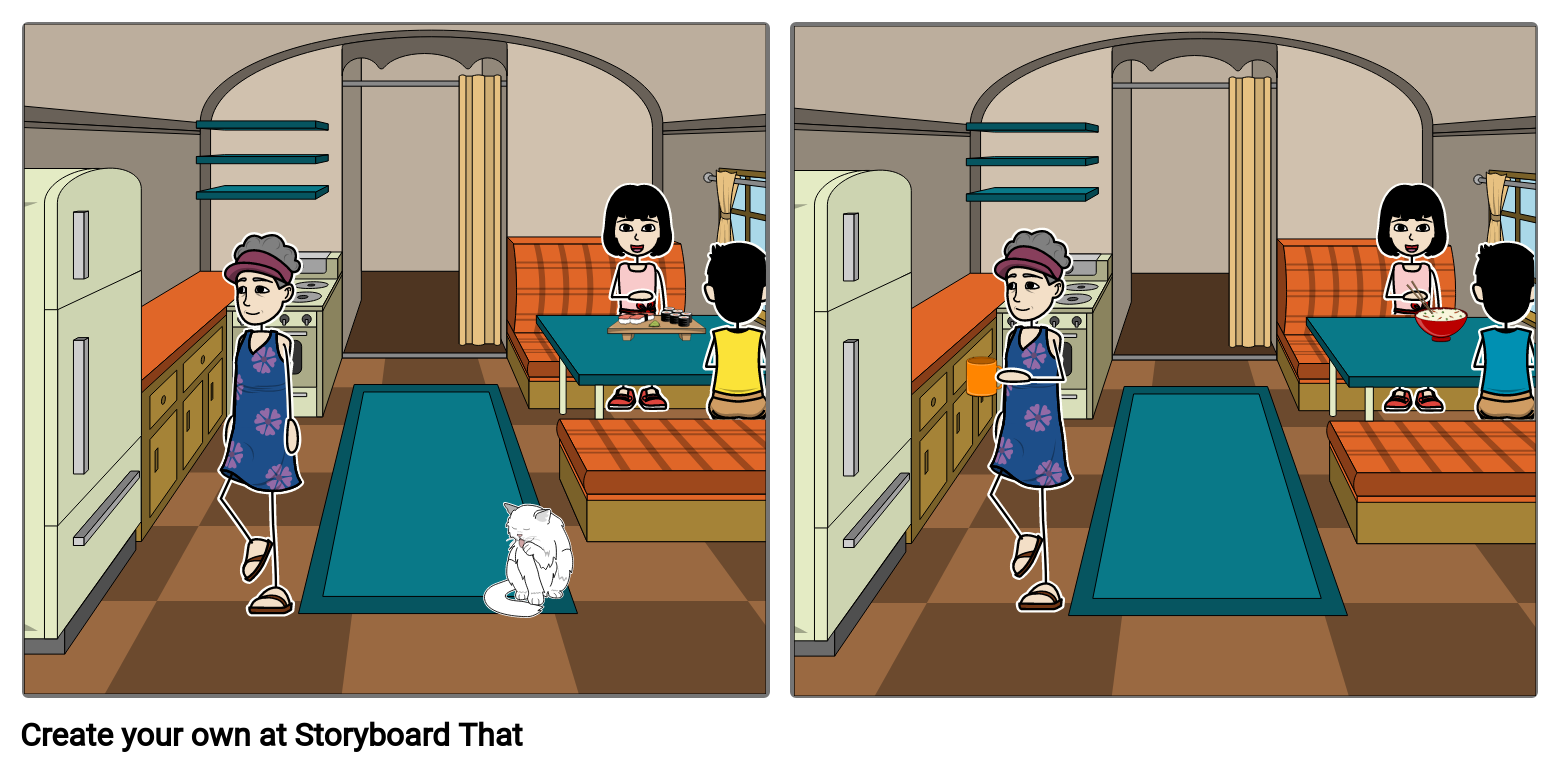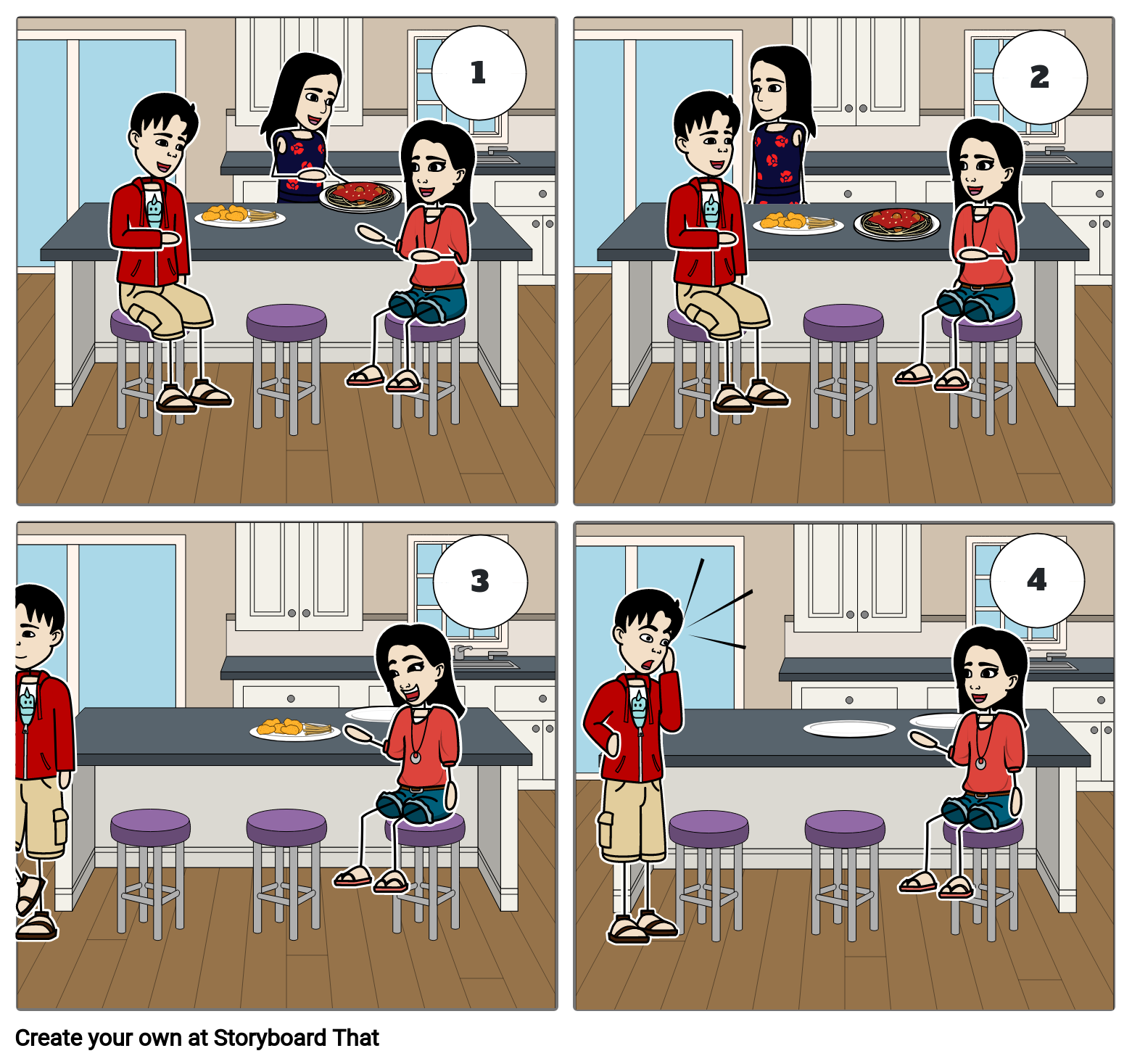(2021年7月1日追記)
「事象3:レッスンプラン申し込み後、ポイント反映されない」について
継続して発生していた現象への対応が完了し
6月30日以降20時以降、正常にご利用可能な状態となりました。
6月30日20時以前にレッスンプランお申し込み後、
予約が出来ない等の現象がございましたら
お手数でございますが、お問い合わせいただきますようお願いいたします。
(2021年6月30日追記)
「事象3:レッスンプラン申し込み後、ポイント反映されない」について
こちらの事象につきましては、6月29日15時以降も一部のお客様で
継続して発生している事を確認いたしました。
引き続き調査を継続中でございます。
お客さま各位
平素はWeblio英会話をご利用いただき誠にありがとうございます。
レッスンプランのお申し込み・自動更新について
6月26日(土)0時から5時に実施したメンテナンス以降、
一部のお客さまにレッスンプラン内容が正しく反映されない等の不具合が発生しておりました。
該当のお客さまには、大変なご迷惑をおかけし誠に申し訳ございません。
本不具合につきましては、原因の特定・停止の処理を実施し、
現在は正常にレッスンプラン申し込み、自動更新などが行われる状態でございます。
下記に、今回発生した不具合の内容をご報告いたします。
また、本不具合に該当するお客様には、順次個別にご連絡いたします。
事象1:レッスンプラン料金の二重決済
| 発生期間・対象 |
6/27・6/28にレッスンプランを自動更新されたお客さまの一部 |
| 原因 |
処理を担当する一部のサーバーで障害が発生し、一定割合で機能が正常に実行されなかったため |
| 影響 |
対象期間に自動更新されたお客さまの一部(30名) |
| 対応 |
該当のお客さまには、返金処理を実施の上、個別にご連絡いたします。
(2021年7月1日追記)該当のお客様へメールにてご連絡いたしました。 |
事象2:レッスンプラン解約後、プラン料金の請求が発生
| 発生期間・対象 |
6/26 5時~6/28 18時までにレッスンプラン解約の手続きを行われた方 |
| 原因 |
処理を担当する一部のサーバーで障害が発生し、一定割合で機能が正常に実行されなかったため |
| 影響 |
対象期間にプラン解約されたお客さま(2名) |
| 対応 |
該当のお客さまには、返金処理を実施の上、個別にご連絡いたします。
(2021年7月1日追記)該当のお客様へメールにてご連絡いたしました。 |
事象3:レッスンプラン申し込み後、ポイント反映されない
| 発生期間・対象 |
6/26 5時~6/28 18時までにレッスンプラン申し込みされたお客さまの一部 |
| 原因 |
処理を担当する一部のサーバーで障害が発生し、一定割合で機能が正常に実行されなかったため |
| 影響 |
対象期間にレッスンプランを申し込みされたお客さまの一部(31名) |
| 対応 |
該当のお客さまには、レッスンプランを1ヶ月分付与後、個別にご連絡いたします。
(2021年7月1日追記)該当のお客様へメールにてご連絡いたしました。 |
事象4:プラン解約手続きしていないのに、プランが解約されている
| 発生期間・対象 |
6/26 5時~6/28 18時までに自動更新されたお客さまの一部 |
| 原因 |
処理を担当する一部のサーバーで障害が発生し、一定割合で機能が正常に実行されなかったため |
| 影響 |
6/27に自動更新されたお客さま(2名) |
| 対応 |
該当のお客様には個別にご連絡いたします。
(2021年7月1日追記)該当のお客様へメールにてご連絡いたしました。 |
事象5:レッスンプランが正常に自動更新されたにも関わらず、
決済失敗のメールが送信されている
| 発生期間・対象 |
6/27~6/28にレッスンプランを自動更新されたお客さまの一部 |
| 原因 |
処理を担当する一部のサーバーで障害が発生し、一定割合で機能が正常に実行されなかったため |
| 影響 |
上記期間に自動更新された一部お客さま(41名) |
| 対応 |
該当のお客様には個別にご連絡いたします。
(2021年7月2日追記)該当のお客様へメールにてご連絡いたしました。 |
上記の対象期間の全てのレッスンプランの申し込み・自動更新・解約について、
詳細な調査を実施し、対象のお客さまへ確実にご連絡いたします。
なお、早急な確認を希望の方は、お手数でございますがお問い合わせください。
今後、同様の事象が発生いたしません様、再発防止に努めてまいります。
重ねてではございますが、皆様にご不便・ご迷惑をおかけしたことを、心より深くお詫び申し上げます。
今後ともWeblio英会話を何とぞよろしくお願いいたします。
本件についてのお問い合わせは、
お手数でございますが、以下のお問い合わせページよりご連絡くださいませ。
▽Weblio英会話 お問い合わせ
https://eikaiwa.weblio.jp/mypage/inquiry
Weblio英会話サポート





















 GOOD
GOOD 
